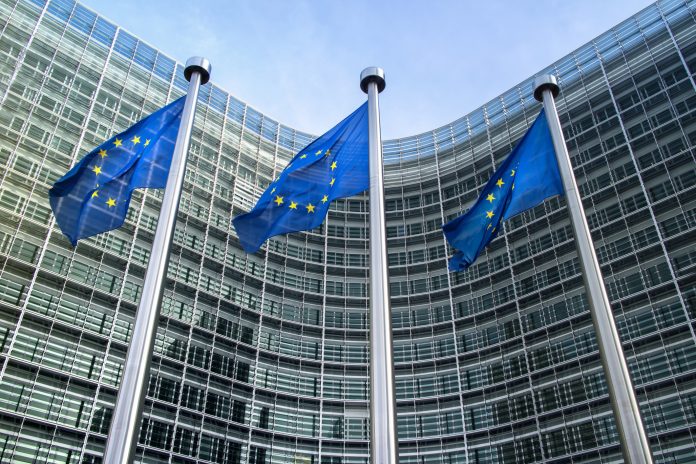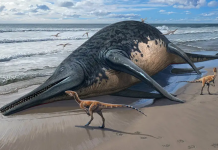Potential research commissioner, Iliana Ivanova, has outlined her European Parliament priorities before a vote on her appointment later this month, placing the protection of Horizon Europe at the top of her list
Iliana Ivanova, the EU’s research commissioner-to-be, if MEPs accept her appointment in a vote later in September, has reassured researchers that the protection of Horizon Europe and its budget stability will be a key priority.
In a three-hour hearing, MEPs interrogated her on key research, innovation and education issues. The hearing will help the European Parliament decide if she gets the post.
Giving a 15-minute speech before being asked questions, Ivanova made it clear that she sees research and innovation taking a decisive role in Europe’s ambitions for the future, highlighting the necessity of a secure EU budget dedicated to research and innovation.
Portecting Horizon Europe by “supporting a stable and sufficient budget”
Ivanova highlighted the potential of upping the $95.5 billion budget of the EU research programme by leveraging additional public and private resources. She assured MEPs that she would thoroughly investigate all available avenues, from deeper synergies with other EU funds to enticing more private funding through industrial partnerships.
Ivanova holds significant ambitions, but her time in office will be limited as a new commissioner is scheduled to take over the Berlaymont next autumn.
MEPs favour Ivanova for the role
Nevertheless, the two Parliament committees responsible for the hearing have already determined her qualifications, particularly emphasising her strong communication skills as a key asset.
Ivanova cited the simplification of Horizon Europe, overseeing the implementation of the €10 billion European Innovation Council (EIC) and international cooperation under the Horizon Europe research programme, all as top priorities of her extensive to-do list.
After the hearing, MEPs from the two committees announced their approval of Ivanova for the leading research position.
This Wednesday, the Conference of Presidents, guided by the committees’ decision, will determine whether Ivanova’s appointment will be presented for a vote in the Parliament’s plenary session in September.
Making a mark on European research and life
Ivanova addressed many questions. One of the first questions proposed was by Horizon Europe rapporteur Christian Ehler MEP, who questioned her plans to protect the EU’s research budget from being diverted to tackle crises and EU political priorities, as has been the case with the EU Chips Act, the Commission’s New European Bauhaus ambitions and various COVID-19 measures.
Her response promised that the budget would be protected but mentioned that, to date, money has yet to be diverted to priorities not covered by Horizon Europe. And the reshuffled money within Horizon, as in the case of the COVID-19 pandemic, helped save lives.
“But I agree with you that we should be very careful, especially with the higher challenges [such as] the green and digital transitions that are coming,” said Ivanova. “Let’s not focus only on the budget because whatever it is, I don’t think it will ever be enough to fill the €100 billion yearly persistent gap that we have had for the past 20 years in funding research and innovation.”
Horizon Europe Widening program
During the hearing, another pivotal topic of discussion revolved around the Horizon Europe Widening program, which seeks to reduce the innovation disparity between Eastern and Western Europe.
This program has faced considerable controversy, with notable figures such as the Commission’s research chief, Marc Lemaitre, who was present at the hearing, suggesting it might be time for a substantial overhaul.
Ivanova pledged to give significant attention to the issue of Widening. Specifically, she envisions greater prospects for the “hop-on facility,” which permits organizations from Widening countries to participate in ongoing EU research and innovation projects.
Many of the key points made during the hearing were summarised in her 38-page document, where she sketched out her answers ahead of the hearing. There is also a summary of the document.














